yì
also
Original meaning:
armpit
Pictograph of a person, with two dots at the armpits. Based on the original meaning "armpit", now written as 腋. The current meaning is a phonetic loan.
Components
Evolution

Bronze script
Late Shang dynasty (~1100 BC)
Oracle script
(~1250-1000 BC)
Seal script
Shuowen (~100 AD)
Clerical script
Western Jin dynasty (266-316 AD)Regular script
ModernDefinitions
Most common words with 亦
Freq. | Word | Meaning |
|---|---|---|
also | ||
awfully | ||
vice versa | ||
to imitate slavishly | ||
to say what everyone says (idiom) |
Component uses
Sources
